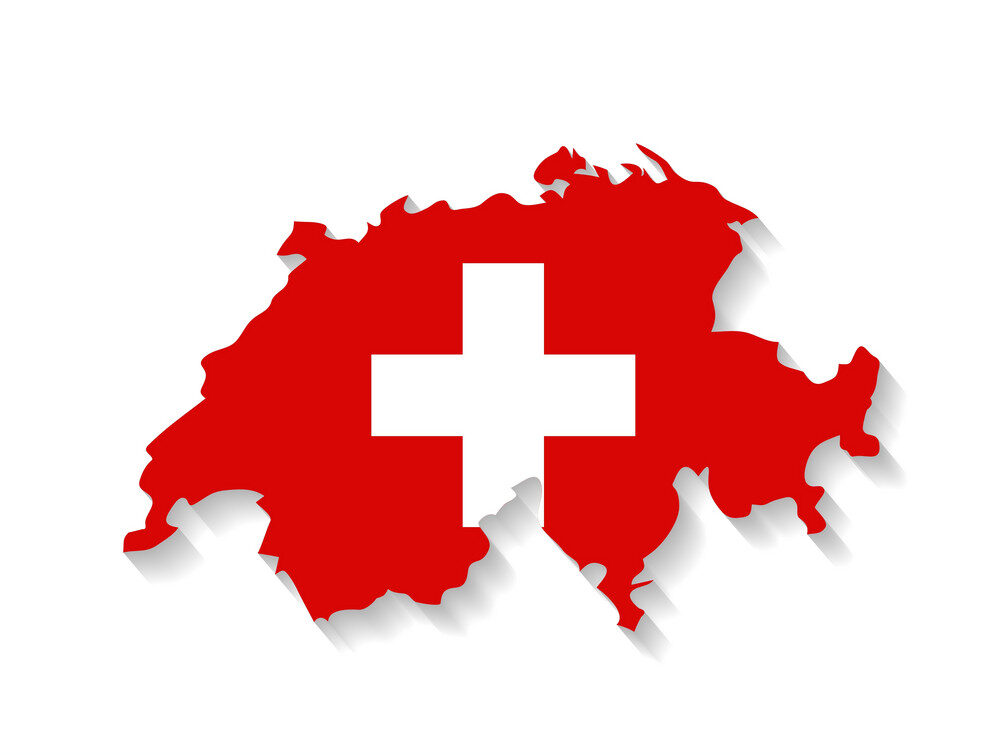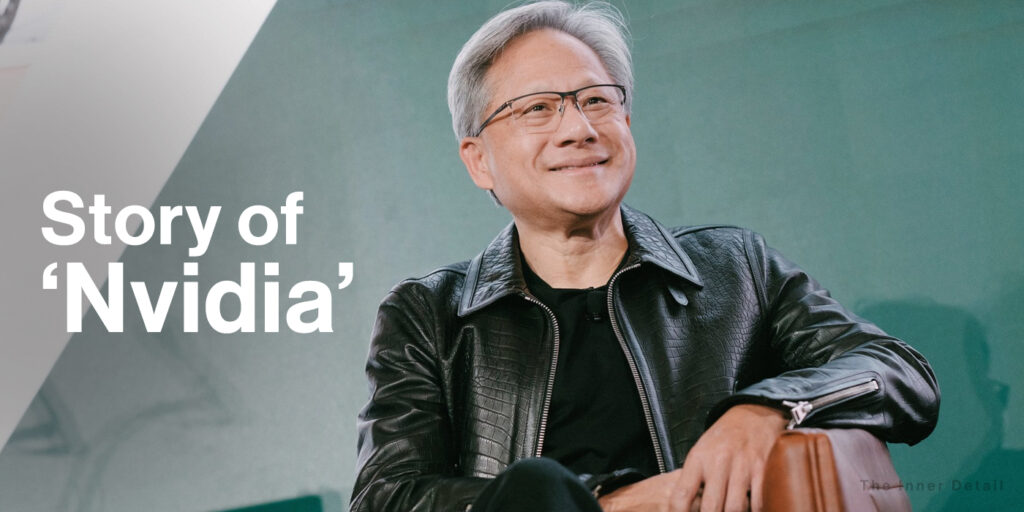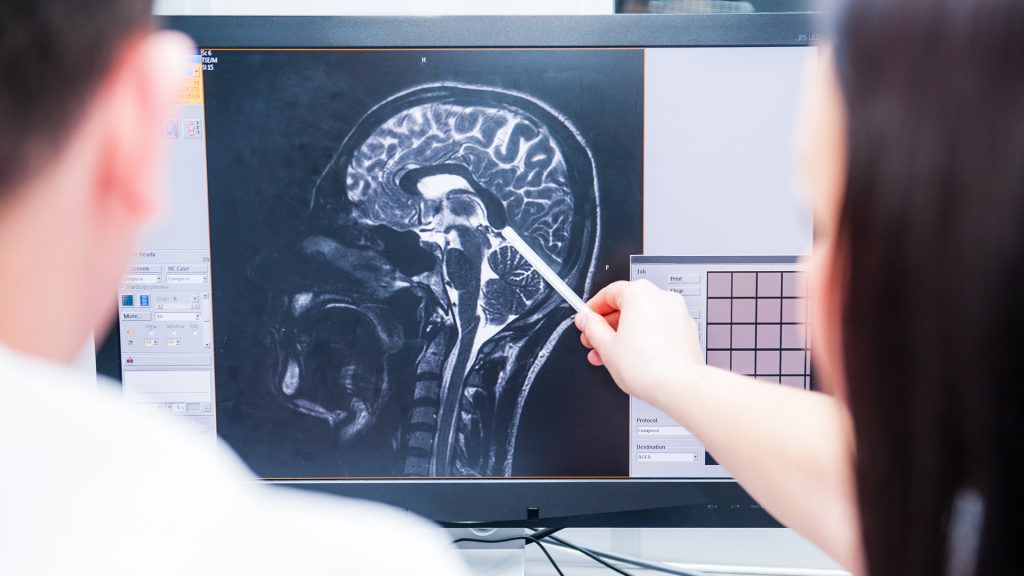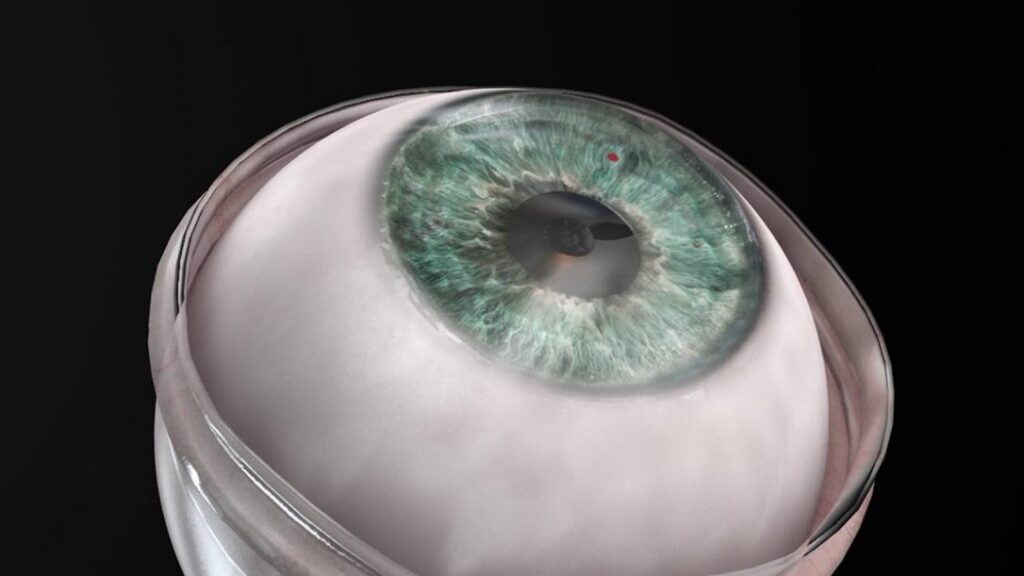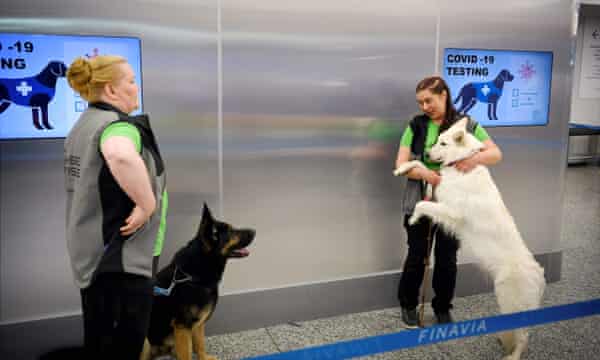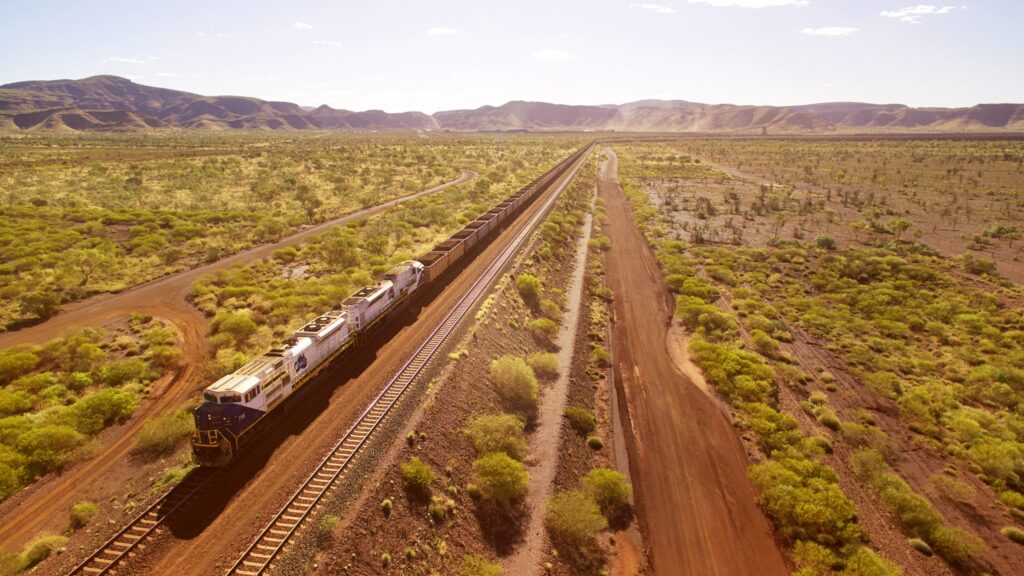Switzerland, often cherished for its most delicious chocolates & cakes in the world, also takes a great leap at education too. Ranking First as the ‘Best Education System in the World 2020’ by World Economic Forum, the country accredits the prestige to its primary education & teachers. ‘Quality, not Quantity’, follows this European Nation, that enabled it to close its literacy rate, high up to a whopping 99%. Thankful to its compulsory education too.
So, how Switzerland reaped its quality of education? Continue reading.
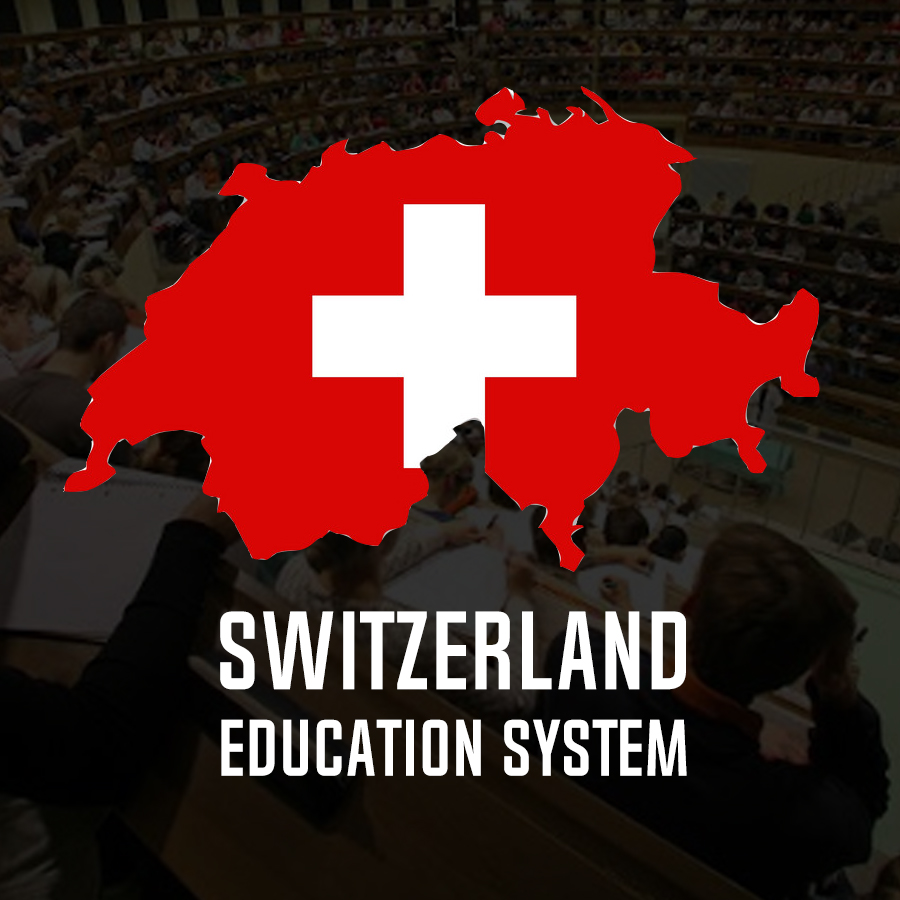
Structure of Education
Like any other country, Switzerland too follows a structure for pursuing education, but in a varied manner in its 26 cantons. The cantons (member states of Swiss Federation), are authorized for accustoming the education to meet its quality. Cantons have their own adapted curricula, teaching materials, and in some cases, its own range of subjects too. Switzerland admits children for education only at 6 years (except in one canton, which admits at 5 years 3 months). While, parents if they wish to hitch their cute children below 5 years to learn while playing, kindergartens avow so. University of Basel is the first University of Switzerland, founded in 1460.

The choco-country frames the system as Primary, Secondary & Tertiary Education. As mentioned earlier, primary education has a quite more weightage, on flourishing the younger aspiring minds.
Noteworthy here in Swiss Education is their regime’s coercion of minimum 9 years of education to all the wards.
Primary Education
Switzerland’s primary education for 6-year olds up to 15-years screens the students basically based on the language they speak, German, Italian or French.
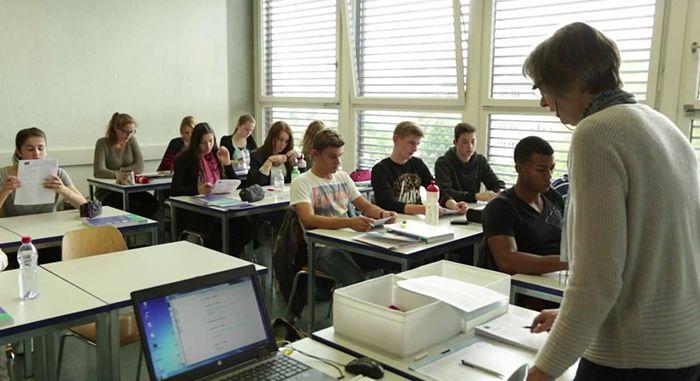
Primary schools concentrate on cultivating students on their areas of interests, availing several extra-curricular activities to witness. This lets students to try different things and find their sparking realms to take up their future careers. End of the primary school holds an exam to assort the students for secondary education. The categorization is fulfilled by three indicators (on major cantons):
- Teacher’s Evaluation on the student’s primary school activities
- Result of tests/exams at the end of the primary education
- Parent’s or Guardian’s recommendation in accordance with the Child’s self-evaluation
At the close of primary education, pupils are separated according to the indicators / student’s intentions to take up either Pre-Higher secondary school / General Section or Basic section.
45% of Teachers in Switzerland are Females
Secondary Education
While enrolling the secondary education, younger minds are left out with Mittelschule and Matura exam preparations for Academic careers and three to four additional years before entering Vocational Educations. This dual-system consigns equal preferences for both, unlike many countries wherein vocational studies aren’t regarded equally to the academics. Swiss vocational educations are regulated by federal law and are based on a cooperation of private businesses offering educational job positions.
While the academic training leads to Matura exam, passing in which proffers a free admission to all universities.
Universities in Switzerland
Switzerland’s prestige of quality education attributes a major part to its Universities & advanced business education, via MBA Programs. Swiss has 12 Universities, in which ten are cantonal universities and two are federal institutes of technology.
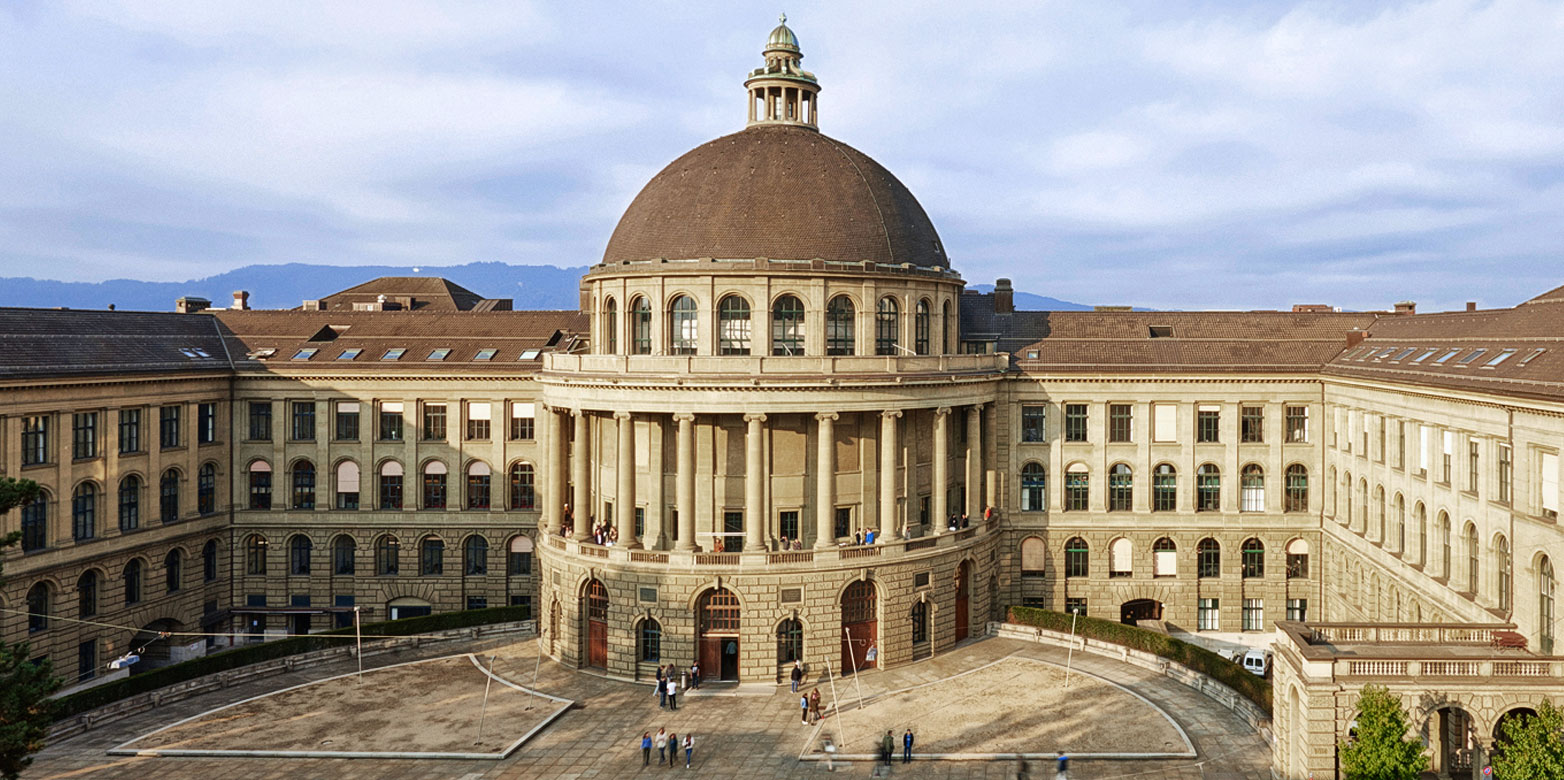
Swiss has world-famous universities, that drive in many foreign students. In fact, nearly 36% (on average) of graduated students from the universities are foreigners. While, some excelling universities like Federal Institute of Technology Lausanne, University of Geneva, Federal Institute of Technology Zurich holds nearly 40 to 50% of foreigners.
Albert Einstein, an astonishing physicist ever, remembered by E=mc2, graduated from ETH Zurich University, Switzerland.
Quality of teachers
- Mostly the qualification of the teachers may include bachelor’s degree and ESL certification to get proceeding with the teaching career.
- All the teachers who are indeed to proceed in their teaching career they need to acquire a work permit.
- Preferring to native stereotype, only 6% of foreign teachers exist.
Swiss teachers ranks first of highest paid teachers in the world at about $5666/month (₹418,000/month).
- System holds out 30 degrees in the training of the teachers for school education.
- TELF (Teaching English as a Foreign Language) certification is compulsory for all the English teachers all over the nation.
What’s Special?
- First and fore most thing to note is that only 2% of the overall population prefers private schools, completely 1800 that is happening in India, wherein 53% people opt private schools.
- The country has a common exam ‘Matura’, which gives free access to all universities of the canton.
- Occurrences at which, students may not be availed to continue the academic year after a break, is not the case in Switzerland. Swiss system allows the students to precede their schooling at any point of time under some criteria.
- The cantons have some special schools at free of cost for children under financial distress and they even extend the free schooling until they turn 20. This affirms the country’s fortitude to comply with ‘9-years compulsory education’.
- Home schooling is uncommon in Switzerland. In fact, laws addressing it vary from canton to canton, and in some cantons, it is considered illegal.
Read also: Why Finland has the Best Education System?
Epilogue
Agree or not, teachers are credited a lot for carving the student’s future. Switzerland takes the best advantage of it. In fact, a considerable part of the students (mainly vocational), are encouraged for teaching careers. Grateful to the Swiss teachers who made the country’s unemployment rate to low up to 4.08% on an average. Swiss students are consistent to rank within 20 in PISA (Programme for International Student’s Assessment) test of OECD, which is an international assessment of students among 74 countries.
Noble Peace Prize has been awarded 9 times to organizations residing in Switzerland
Take few minutes to read: Education Happening in Current India
References:
- https://www.academics.com/guide/higher-education-switzerland
- https://www.theguardian.com/teacher-network/teacher-blog/2014/sep/05/how-the-job-of-a-teacher-compares-around-the-world
- https://gbsge.com/news/news/newsroom/vote-swiss-best-education-system-world/
- https://en.wikipedia.org/wiki/Education_in_Switzerland
- https://borgenproject.org/education-in-switzerland/
